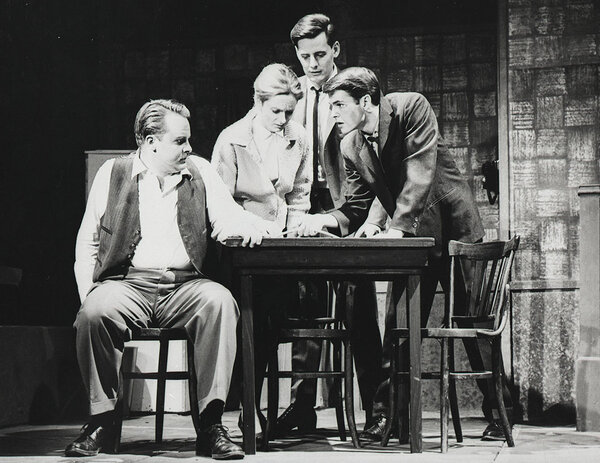
College announces new awards for research, scholarly and artistic work
New annual awards recognize outstanding faculty research, scholarly and artistic contributions
The 2017 Distinguished Research (Scientist and Scholar/Artist) and New Research (Scientist and Scholar/Artist) awards were presented to College of Arts & Science faculty members on May 15. The new annual awards recognize outstanding contributions made by faculty to their specific area of expertise. Recipients are selected by a committee chaired by the Vice Dean, Research, Scholarly and Artistic Work from candidates nominated by their U of S colleagues. Each award has a value of $1,000.
New Scholar/Artists:
Clint Westman, an associate professor in the Department of Archaeology & Anthropology, is the project director for Cultural Politics of Energy in Northern Alberta, a SSHRC-funded community-based partnership with First Nations that focuses on the extractive industry and its social and environmental impacts. His emphasis on Indigenous engagement has made him an important voice among social scientists publishing on oil sands and he has spoken to First Nations leadership on energy impacts and processes at SSHRC forums and reconciliation events.
Reviewers have praised Matthew Neufeld’s first book The Civil Wars After 1660: Memory, History and Public Remembering in Late Stuart England (2013) for asking fresh questions within a growing field of historical studies on war and memory. Neufeld, an assistant professor in the Department of History, has published important articles in top journals in the field of academic history.
Distinguished Scholar/Artist:
Geoff Cunfer, an associate professor and head of the Department of History, is an internationally recognized leader in the field of environmental history. His first book, On the Great Plains, earned him a reputation for changing the way agricultural history and land use on the plains is understood, and introduced new methods for testing historical assumptions about the interactions between humans and our environment. Cunfer also earned a SSHRC Partnership Grant—one of the first awarded at the U of S—for an international, interdisciplinary research project called Sustainable Farm Systems. The largest funding package for any history project at the university, it established a formal partnership among five research groups in Europe, Latin America and North America to explore the environmental history of agro-ecosystems.
New Scientists:
Yansun Yao, an assistant professor in the Department of Physics & Engineering Physics, has an outstanding record of publications for a young scientist at the beginning of his career. Widely recognized by his peers as an innovative and influential contributor to the field of high pressure physics, he has received many university teaching and research awards as well as important research grants.
Megan O’Connell, an associate professor in the Department of Psychology, is a member of the Rural Dementia Action Research Team at the Rural and Remote Memory Clinic where she leads a project aimed at designing and evaluating integrated primary healthcare practices for dementia in rural and remote settings. Her research has been widely published in peer-reviewed journals, including important work on the use of telehealth video conferencing for dementia care-giver support groups, and she is a member of three national studies on aging. O’Connell obtained her registration as a practicing clinical psychologist within the first few years of joining the faculty.
Distinguished Scientists:
Alex Moewes, a professor in the Department of Physics & Engineering Physics, is the Canada Research Chair (CRC) for Materials Science using Synchrotron Radiation. He was twice awarded the CRC Tier 2 (2002, 2007) and Tier 1 in 2012. Moewes and his group are using experimental synchrotron-based spectroscopy and advanced theoretical density function theory calculations to understand and tailor new materials for use in sensors and other high-technology devices. He has over 250 peer-reviewed publications in the area of condensed matter physics and materials science. Moewes is also a leader of a beamline (REIXS) at the CLS and supervises a large, active group of graduate students.
Doug Chivers, a professor in the Department of Biology, is a world-renowned researcher in the field of animal behavior, specializing in predator-prey chemosensory interactions. He has expanded his research to focus on understanding how prey animals, specifically fish and amphibians, perceive risk in their environment. This innovative work has led to several high-impact publications in prestigious journals and over 200 peer-reviewed papers and book chapters. Chivers held the Rawson Professorship, an honorary title bestowed by his colleagues, from 2010–13.


